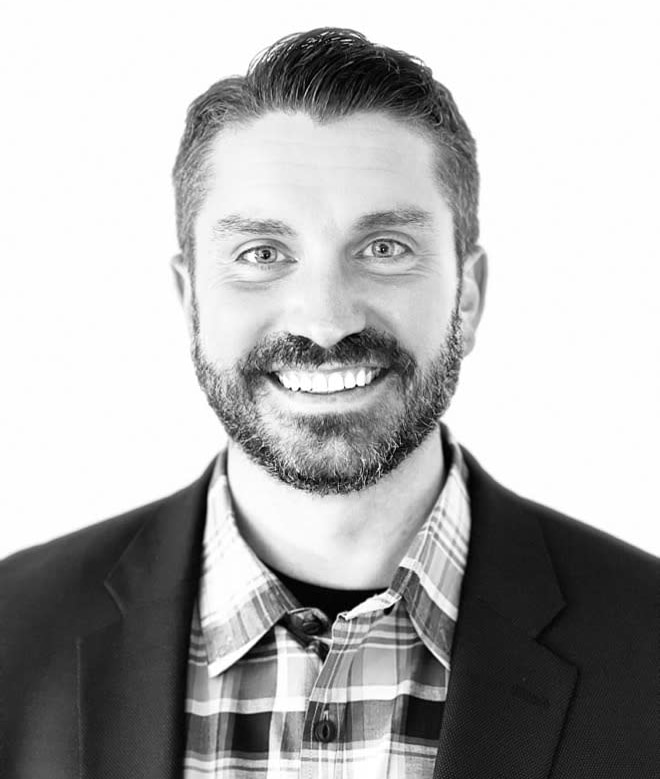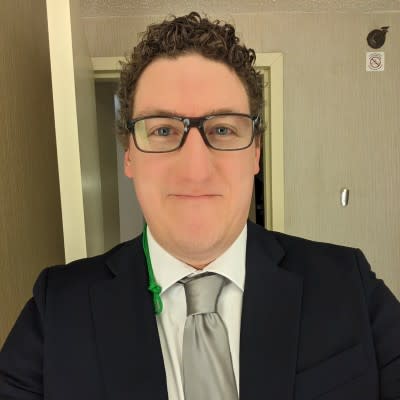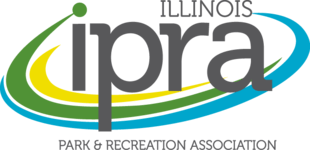'25 Communications & Marketing Summit Sessions
In the Wake of Crisis: A Conversation on Recovery and Response
Session #1
Summary
Join us for a reflective and impactful panel discussion on leadership, resilience, and community healing in the aftermath of crisis. In this moderated Q&A, panelists will share the lessons learned following the July 4 tragedy and how the Park District of Highland Park has continued to support staff and residents while rebuilding a sense of connection and trust. With honesty and care, the conversation will explore practical approaches to post-crisis recovery, transparent communication, and the importance of unity during difficult times. This session offers valuable takeaways for professionals seeking to prepare their organizations to respond with compassion and clarity when it matters most.
Learning Objectives:
1. Understand key components of post-crisis planning, recovery, and long-term support.
2. Explore the role of transparency, empathy, and timely communication in effective crisis response.
3. Identify ways to foster community trust and cohesion following a traumatic event.

Public Media Relations During Crisis: Lessons From the Highland Park Mass Shooting
Session #2
Speakers
-
Chris Covelli - SpeakerChris Covelli is a Deputy Chief with the Lake County Sheriff’s Office in Illinois, overseeing the Court Security Division and serving as lead Public Information Officer for the Sheriff’s Office and the Lake County Major Crime Task Force. He manages communications during high-profile events such as mass shootings and homicides. Chris is a nationally recognized trainer in media relations and crisis communication, teaching at Northwestern University, the Illinois Law Enforcement Training and Standards Board Executive Institute, and consulting with Julie Parker Communications. He trains public information officers nationwide and chairs the Illinois Association of Chiefs of Police PIO Section. Chris has presented at numerous conferences across North America, sharing his expertise in effective law enforcement communication.
Summary
On July 4, 2022, a mass shooting occurred during the Independence Day parade in Highland
Park, Illinois—an event that drew international media attention and posed unprecedented
communication challenges for local officials. This 90-minute presentation provides an
educational overview of the public information response to the incident, focusing on media
relations strategy, inter-agency coordination, and crisis communication practices implemented
during and after the event.
Participants will gain insight into the essential role of clear, timely, and transparent
communication during a critical incident. The session will walk through the timeline of
communication actions taken, identify lessons learned, and explore best practices in managing local, national, and international media during a rapidly evolving crisis.
Learning Objectives:
1. Understanding the foundational principles of effective crisis communication.
2. Analyzing the structure and coordination of multi-agency public information efforts.
3. Identify communication strategies that maintain public trust in high-pressure environments.

Communications 101: Beyond the Program Guide
Session #3
Speakers
-
Jackie Rachev - SpeakerJacqueline Rachev brings over 20 years of nonprofit communications experience to Public Communications Inc. (PCI), where she leads strategic communications for nonprofits, park districts, and public agencies. She specializes in communications strategy, community engagement, voter education, and crisis communications. Her work has helped clients like the Glen Ellyn and Roselle Park Districts secure public support for tax referendums and navigate emergencies including natural disasters and the COVID-19 pandemic. At The Salvation Army, she doubled media placements and contributed to record fundraising. Her clients include AARP Florida, Giving USA, and Wilmette Park District. Jacqueline holds Accreditation in Public Relations (APR), a Master’s in Nonprofit Administration from North Park University, and a Bachelor’s in Journalism from Columbia College Chicago.
Summary
Park and recreation agencies do far more than offer programs and classes — they serve as vital civic institutions that foster community connection, health, and well-being. This session provides a practical roadmap for building a communications strategy that moves beyond seasonal guides to engage residents, elevate impact, and build long-term support. Attendees will explore how storytelling, strategic messaging, and multi-channel outreach can transform communications into a year-round tool for awareness, participation, and advocacy.
Learning Objectives:
1. The role of communications in advancing the mission and operations of parks and recreation agencies.
2. How to develop clear messages and use storytelling to build community trust and engagement.
3. Strategies for using multiple communications channels — from media outreach to social media — to reach and motivate diverse audiences year-round.

Emergency Action Plan Best Practices
Session #4
Speakers
-
Dustin Kleefisch - Director of Parks & RecreationDustin Kleefisch is the Director of Parks and Recreation for the Village of Willowbrook, IL. He holds a bachelor’s in psychology and a master’s in Sports Administration from Valparaiso University, where he found his passion for recreation through campus athletics. After working in collegiate athletics, including roles at Valparaiso and the University of Chicago, he transitioned into municipal parks and recreation. Over the past decade, Dustin has served in leadership roles at several Illinois park districts. At Willowbrook, he led a comprehensive strategic plan, master plan, community survey, and park analysis in his first year. His expertise includes event planning, budgeting, capital projects, and facility management. Under his leadership, Willowbrook has invested over \$6 million in park development, with \$4 million more planned for fiscal year 2025–26.
Summary
Planning for the unexpected is essential when managing public events. This session on Emergency Action Plan (EAP) best practices will equip participants with the tools to evaluate site-specific risks, design effective response strategies, and strengthen team readiness through continuous training and review. Through real-life examples from the speaker’s career—including Westmont’s 4th of July Celebration, the Holly Days Parade, and Willowbrook’s Light Up the Night—attendees will gain insight into how emergency planning is applied in dynamic, real-world scenarios. From coordinating with first responders to establishing clear communication and evacuation protocols, this session will provide actionable guidance to help event planners prepare for and respond to emergencies with confidence.
Learning Objectives:
1. Identify and assess potential risks and hazards associated with special events.
2. Develop and implement an effective Emergency Action Plan (EAP) tailored to special events.
3. Demonstrate proficiency in emergency preparedness through training, drills, and continuous improvement.
Powered By GrowthZone
